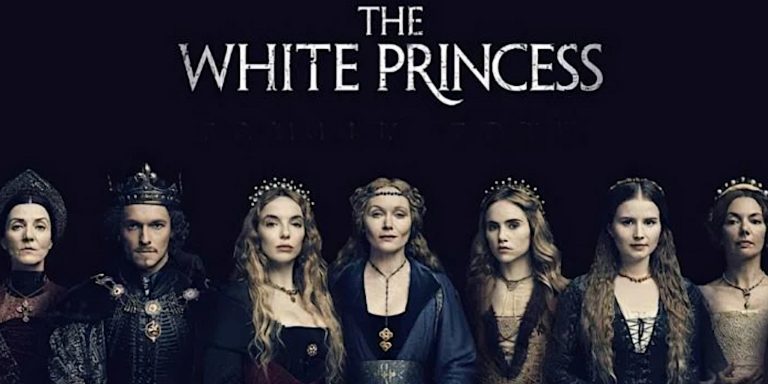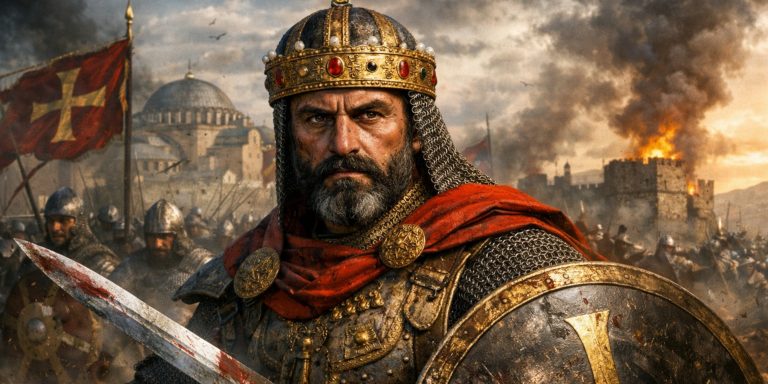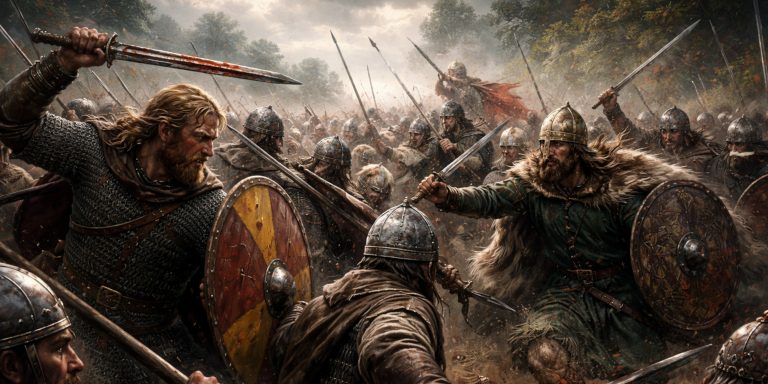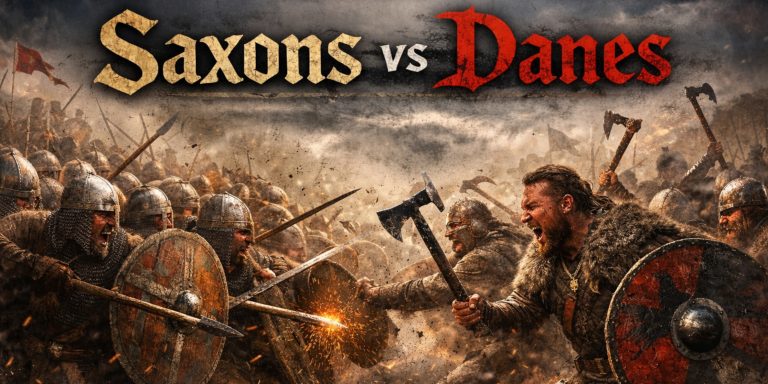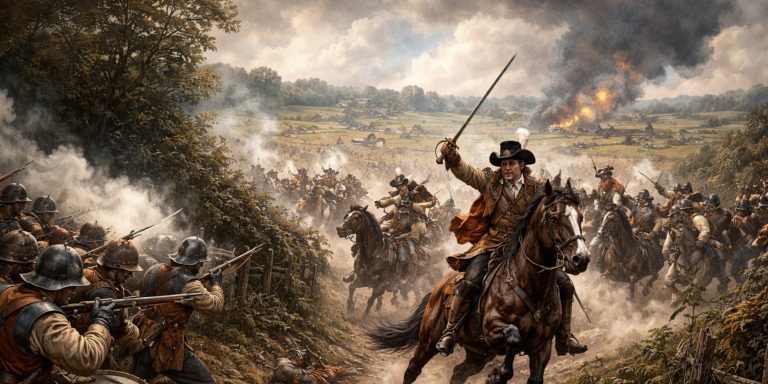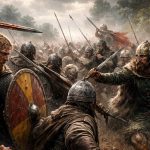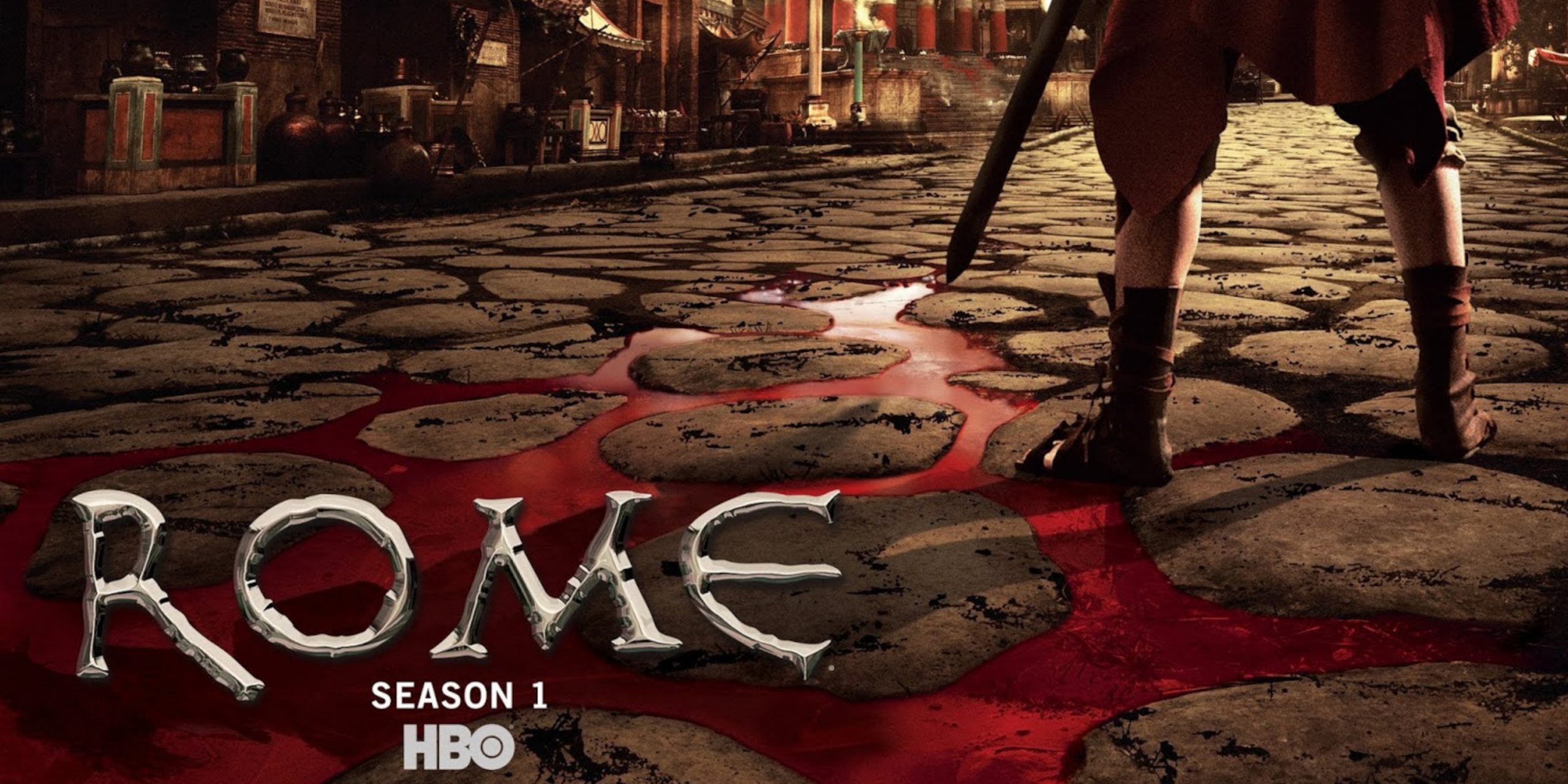
When HBO’s Rome premiered in 2005, it offered something few shows dared to attempt at the time: an unflinching and meticulously crafted drama set in one of history’s most volatile and influential periods. With its ambitious production, grounded performances, and a sharp script that walked the line between political intrigue and personal tragedy, Rome had the makings of a genre-defining epic. And yet, despite its strengths, it was cut short before it could fulfil its full potential.
Authenticity and Atmosphere
Rome immersed its audience in the final years of the Roman Republic. Unlike the romanticised or sanitised visions of ancient history seen in other productions, this series was unapologetically raw. From the back alleys of the Aventine to the Senate chambers and the battlefields beyond, every scene felt tangible. The show was filmed largely on massive sets at Cinecittà Studios in Italy, and the commitment to period-appropriate detail paid off. Dirt, blood, politics, sex, and religion were shown not as side plots, but as interwoven forces shaping every character’s path.
The attention to material culture was particularly striking. Costume and set design didn’t lean on clichés. Roman tunics looked worn. Armour was dented and functional. Even the graffiti daubed across Subura’s walls told its own story.
The Cast and Character Focus
Rome stood apart for giving as much narrative weight to fictionalised soldiers Lucius Vorenus (Kevin McKidd) and Titus Pullo (Ray Stevenson) as it did to historical figures like Julius Caesar, Mark Antony, and Octavian. Vorenus and Pullo, though loosely based on men mentioned briefly in Caesar’s writings, were transformed into richly layered characters whose lives mirrored the seismic shifts in Rome’s political landscape.
Ciarán Hinds brought gravitas and a touch of cold calculation to Julius Caesar, while Polly Walker’s portrayal of Atia was a highlight, ambitious, manipulative, and fiercely intelligent, without falling into caricature. James Purefoy’s Mark Antony offered a dangerous blend of charisma and volatility, perfectly complementing the show’s themes of shifting loyalty and personal ambition.
Storytelling with Weight
Though condensed, the writing rarely felt rushed in its first season. Power struggles, betrayals, and ideological fractures were not just historical exposition but dramatic engines. When the show returned for a second season, the narrative had to accelerate. The result was still powerful but occasionally suffered under the weight of compression. Major events such as the fall of the Liberators or the transformation of Octavian into Augustus felt squeezed rather than fully developed.
Yet even under these constraints, the series maintained its tone, blunt, complex, and never patronising. It trusted its audience to follow the chaos without hand-holding, a decision that earned it both praise and criticism.
Why It Ended Too Soon
The cost of Rome was eye-watering. At the time of its debut, it was one of the most expensive television shows ever produced. With over $100 million poured into the first season alone, HBO and co-producer BBC had high expectations. While the series garnered critical acclaim and built a loyal fanbase, the numbers didn’t quite justify its immense production costs. A planned five-season arc was cut to two.
This truncation left several storylines underdeveloped. Characters who could have grown over years were instead hurried through transformations that felt somewhat abrupt. The aftermath of Actium and the early days of imperial rule were barely touched.
Legacy and Influence
Despite its short run, Rome laid the groundwork for later historical dramas. Without Rome, there might not have been Game of Thrones in the form we know. The show demonstrated that audiences could handle brutal realism, political complexity, and characters who operated in moral grey zones. It opened the door for similarly ambitious projects, both in tone and production values.
Its legacy also endures in the continued praise it receives from critics and historians alike. While it took liberties with dates and character relationships for dramatic purposes, it avoided the cartoonish villainy and heroic sanitisation often found in other portrayals of antiquity.
The Seven Swords takeaway
Rome was brutal, brilliant, and unfairly short-lived. It showed that history, when treated with respect and imagination, could rival any fantasy epic. Even today, it remains a benchmark for what historical drama can achieve when it takes its subject seriously. The show may have ended prematurely, but its influence continues to echo, like the footsteps of legionaries across the cobbles of the Eternal City.
Watch the trailer:

